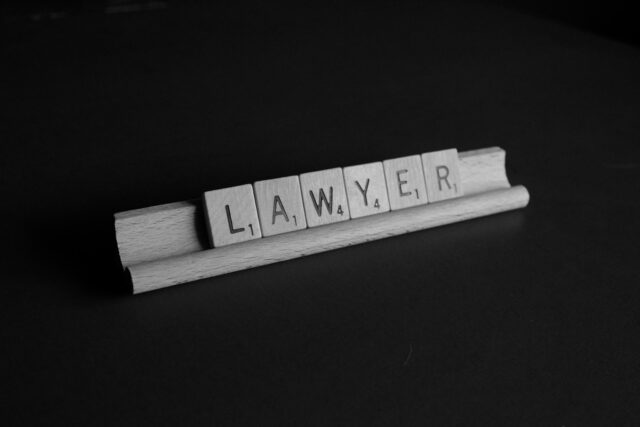
When it comes to navigating the complex world of employment law, having an experienced professional by your side can make all the difference. An employment lawyer is a legal expert who specializes in matters related to the employer-employee relationship. From drafting contracts to handling disputes, their expertise is invaluable in ensuring fair treatment and protecting the rights of both parties involved.
What Does an Employment Lawyer Do?
An employment lawyer handles a wide range of legal issues that arise in the workplace. Their primary goal is to ensure compliance with labor laws and regulations, and to provide guidance and representation to both employers and employees. Here are some of the key responsibilities of an employment lawyer:
1. Advising on Employment Contracts and Policies
One of the core functions of an employment lawyer is to help draft and review employment contracts and policies. They ensure that these documents are legally sound, protect the interests of both parties, and comply with relevant laws and regulations. By seeking legal advice during the contract negotiation process, employers and employees can avoid potential disputes and misunderstandings down the line.
2. Handling Discrimination and Harassment Claims
Employment lawyers play a crucial role in addressing discrimination and harassment claims in the workplace. They provide guidance on filing complaints, investigate allegations, and represent clients in legal proceedings. These professionals are well-versed in the various federal, state, and local laws that protect individuals from discrimination based on factors such as race, gender, age, disability, and more.
3. Resolving Workplace Disputes
Workplace disputes can arise for a variety of reasons, and an employment lawyer is there to help resolve them. Whether it’s a disagreement over wages, wrongful termination, or breach of contract, these legal experts can guide their clients through mediation, arbitration, or litigation. They strive to find the most favorable outcome for their clients while minimizing the impact on their professional reputation.
4. Assisting with Employee Benefits and Compensation
Understanding the complexities of employee benefits and compensation can be overwhelming for both employers and employees. An employment lawyer can provide guidance on matters such as wage and hour laws, employee benefits packages, and compliance with regulations like the Family and Medical Leave Act (FMLA) and the Affordable Care Act (ACA). Their expertise ensures that both parties are treated fairly and in accordance with the law.
5. Representing Clients in Court
In cases where disputes cannot be resolved through negotiation or alternative dispute resolution methods, an employment lawyer will represent their clients in court. They will build a strong legal case, present arguments, and advocate for their client’s rights and interests. Having a skilled attorney by your side can significantly increase the chances of a favorable outcome in court.
When Should You Consult an Employment Lawyer?
If you find yourself facing any of the following situations, it may be time to consult an employment lawyer:
- Unfair treatment or discrimination in the workplace
- Wrongful termination or constructive dismissal
- Violation of employment contracts or agreements
- Issues related to wages, overtime, or unpaid work
- Harassment or hostile work environment
- Denial of employee benefits or compensation
- Employment-related immigration matters
By seeking legal advice early on, you can protect your rights, understand your options, and take appropriate action to resolve any employment-related issues.
Choosing the Right Employment Lawyer
When selecting an employment lawyer, it’s essential to consider their experience, expertise, and reputation. Look for someone who specializes in employment law and has a track record of success in handling cases similar to yours. Additionally, consider their communication style and whether you feel comfortable working with them.
It’s always a good idea to schedule an initial consultation to discuss your situation and assess whether the lawyer is the right fit for your needs. During this meeting, ask about their fees, billing practices, and the estimated timeline for your case.
In Conclusion
An employment lawyer is a valuable resource for both employers and employees. Their expertise in employment law ensures fair treatment, protects rights, and helps resolve disputes in the workplace. By seeking legal advice early on and choosing the right lawyer, you can navigate the complexities of employment law with confidence.












